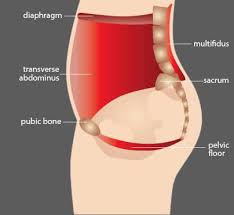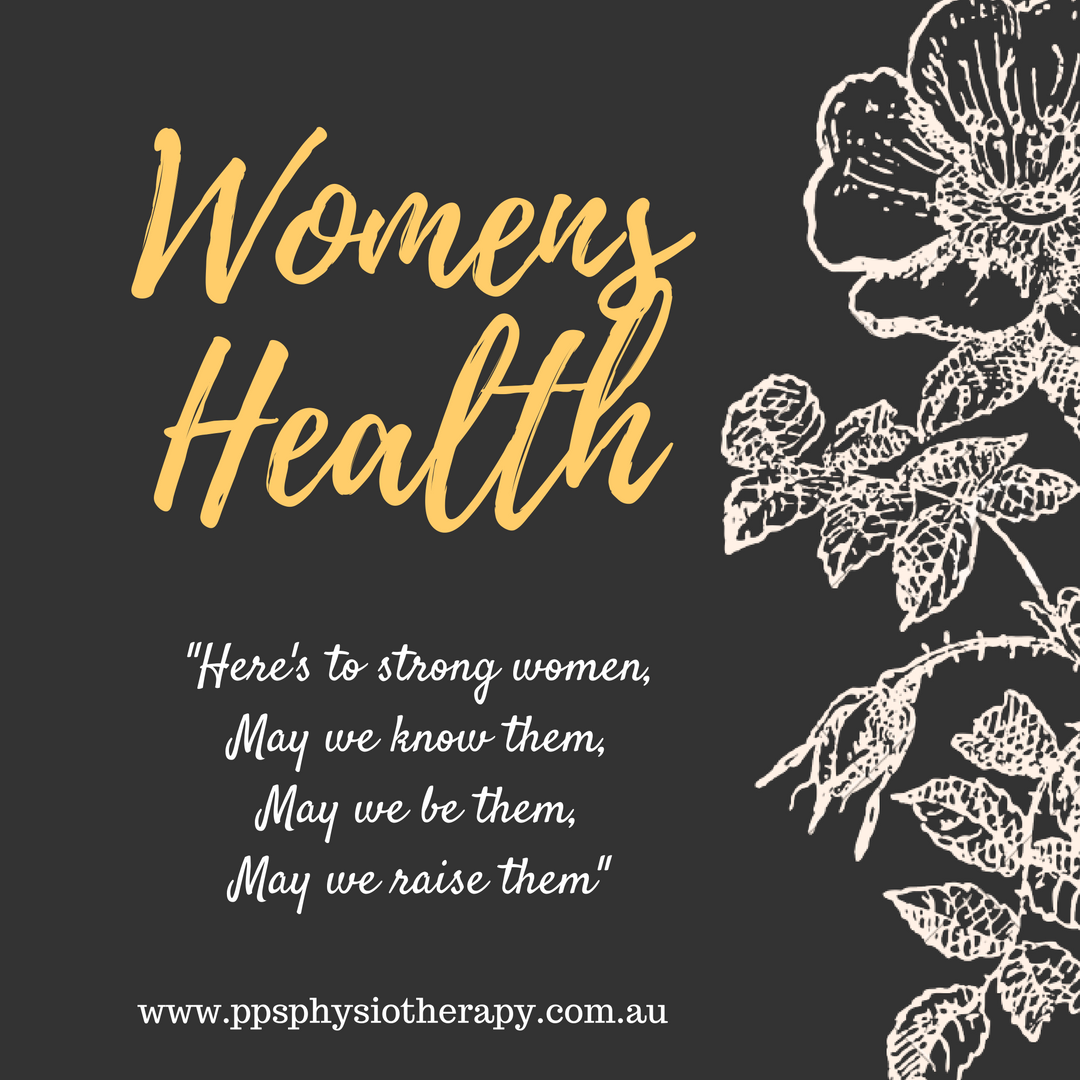Did you know that physiotherapists can help with incontinence?
Did you know physiotherapists can help with pelvic or back pain during pregnancy?
Did you know physiotherapists can help you get your tummy back post pregnancy?
AND many more!

There are many conditions physiotherapists treat which the general public is not aware fall as part of our clinical expertise. Before I studied physiotherapy I would never have thought to attend a physiotherapist if I was leaking urine when I coughed or sneezed. Many women live with these symptoms day in and day out thinking they will go away or improve by themselves. Unfortunately, this is not usually the case and they require specific intervention to improve or resolve the issue based on the underlying cause.
These issues may seem embarrassing and something you don’t want to have to face nor tell anyone else. However, you can be re-assured that there are people who are clinically trained to help you deal with these symptoms. Research has shown that incontinence can have a significant impact on your quality of life and may also be associated with depression and anxiety. Not all physiotherapists are trained in this area so you need to look for someone with ‘Women’s Health’ training. Our clinic does offer these services with our female physio, Kim, who has completed her women’s health course.
In writing this blog I would like to hope that we can normalise women’s health issues such as incontinence (faecal and urinary), pelvic organ prolapse, trauma post birth, abdominal separation and so on. They are conditions not to be ashamed or embarrassed about but simply are a part of being a woman.
You may be surprised to know how many women are affected by incontinence and pelvic organ prolapse. So here are the facts:
- Urinary Incontinence
- Urinary incontinence affects up to 13% of Australian men and 37% of Australian women
- 65% of women and 30% of men sitting in a GP wait room report a form of urinary incontinence. Only 31% of these people will seek help for their issue.
- 50% of women aged 45-59 years reported mild, moderate or severe urinary leakage over a 3 month period
- 1 in 3 women who have given birth will have some element of urinary incontinence
(Incontinence Foundation of Australia, Key Statistics)
- Pelvic Organ Prolapse
- Affects up to 50% of women over 50 years and up to 75% of women attending gynaecological clinics
(Continence Foundation of Australia, 2008)
What symptoms should I look for that physio can help me with?
- Urgency, Frequency and stress urinary Incontinence
– sudden onset of desire to go the toilet eg I am ok until I put the key in the door or I have a sudden desire to go when I hear running water
– I feel like I go to the toilet too frequently
– I leak when I cough, sneeze, laugh too much or when performing exercises
– I can make it to the toilet when I get the urge to go before leaking
- Faecal Incontinence/Constipation
– consistently straining to pass a bowel motion
– staining of your underwear after defecating/inability to wipe clean
– inability to control flatus
- Prolapse
– feelings of lower abdominal heaviness
– difficulty completely emptying your bladder
– difficulty defecating despite having the urge to go
– a feeling like a tampon is not inserted probably or there is a bulge near the vagina
You are probably wondering how a physiotherapist can make a difference to these conditions?
Most of these issues are related to the function of the pelvic floor. This is a group of muscles that provides support to the pelvic organs and assists in providing pressure to close the urethra and anal canal. This means you have voluntary control over when you go to the toilet and when you want to wait until a later time.

A women’s health physio will be able to assess your pelvic floor function, bladder and bowel function, pelvic organ position and subsequently provide treatment based on your unique needs.
These issues have a significant impact on a woman’s quality of life, physical, mental and emotional state. You don’t need to live with these issues and the sooner you seek advice the sooner you can get back to living life to the fullest.

